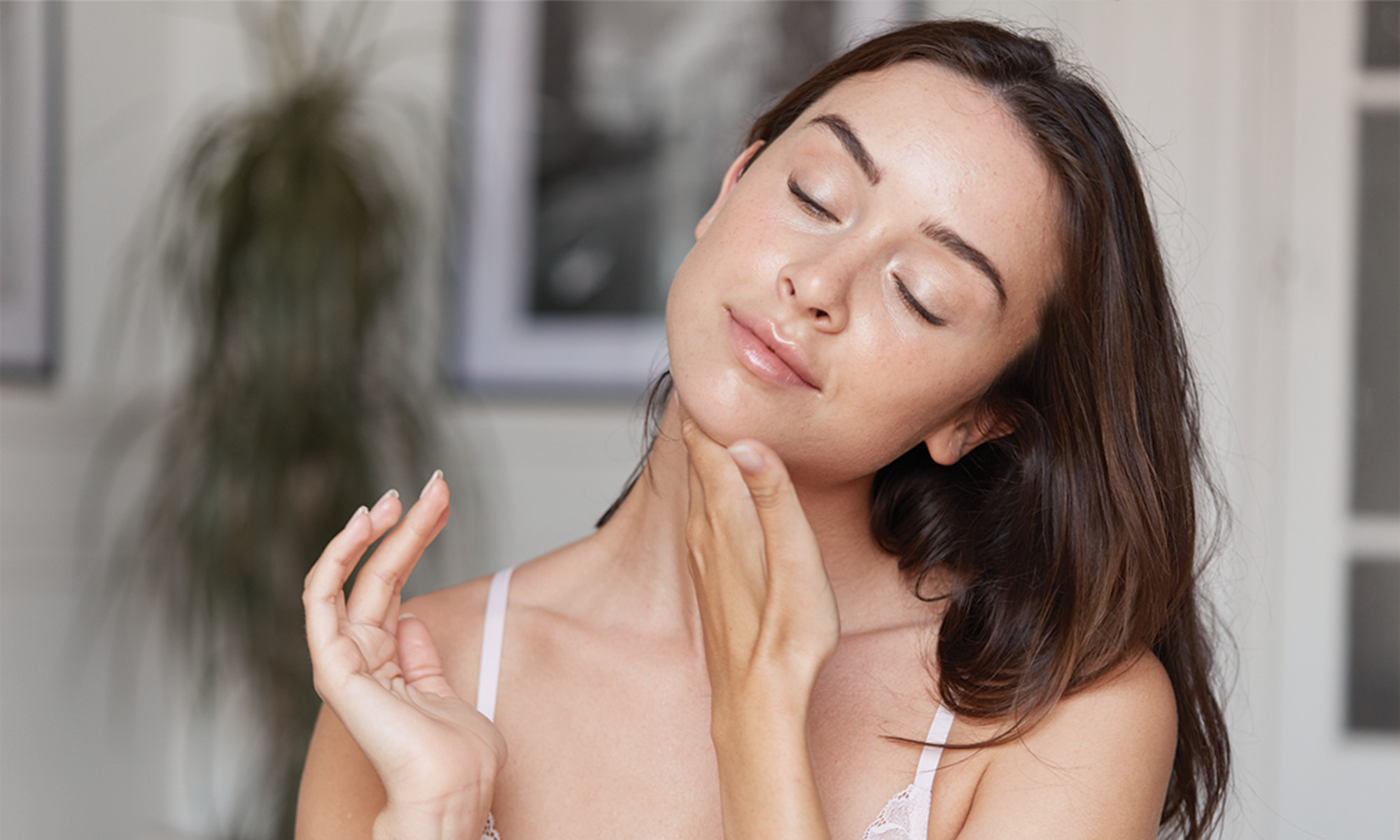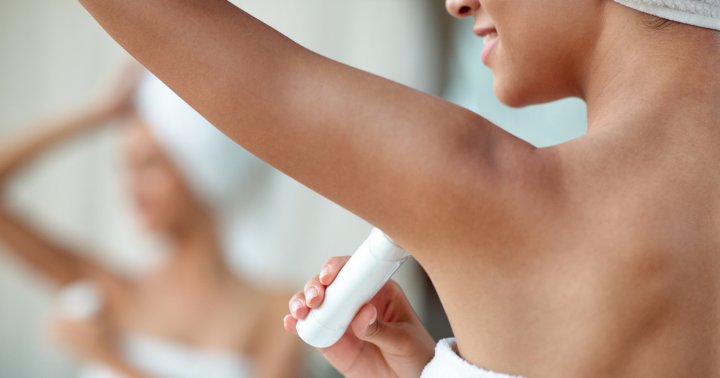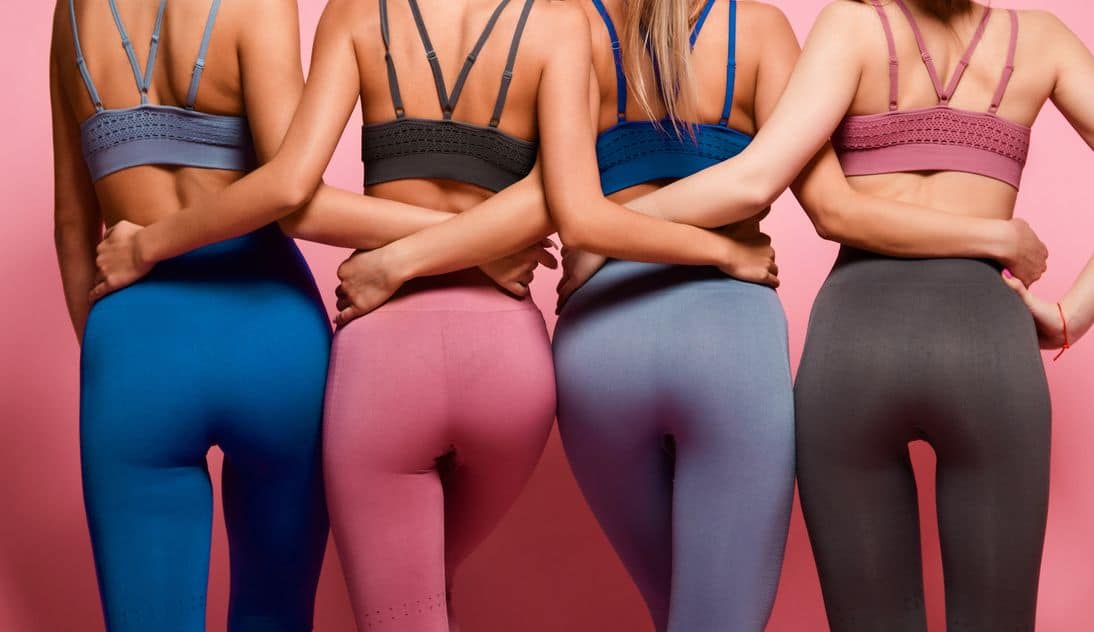Is Your Skin Care Product Working Against You? Don't Ignore These 3 Red Flags
Consider these red flags for your skin care.


Beauty & Health Editor
Beauty & Health Editor
Hannah Frye is the Beauty & Health Editor at mindbodygreen. She has a B.S. in journalism and a minor in women’s, gender, and queer studies from California Polytechnic State University, San Luis Obispo. Hannah has written across lifestyle sections including beauty, women’s health, mental health, sustainability, social media trends, and more. She previously worked for Almost 30, a top-rated health and wellness podcast. In her current role, Hannah reports on the latest beauty trends and innovations, women’s health research, brain health news, and plenty more.
Image by ohlamour studio / Stocksy October 21, 2024 We carefully vet all products and services featured on mindbodygreen using our Our selections are never influenced by the commissions earned from our links. Every beauty professional has their nonnegotiable steps. In our series, Like a Pro, we tap experts for the top three techniques they absolutely swear by. Here, you'll hear from a variety of industry insiders on the fail-safe tricks they always keep in their back pockets. We're all about simplifying your beauty regimen wherever you can, and sometimes the best routines are as easy as 1, 2, 3. Just as most people date around to find their soulmate, most people try a few different beauty products before landing on their holy grail in any category. This process can take some time, but it's always worth it when you find that perfect match. However, like relationships, some duos are just incompatible and come with some pretty glaring signs. Consider them red flags for your skin care. To come, a derm shares three to look for: "If you notice redness, itching, burning, or stinging of any kind after applying a product to your face, then it may not be suitable for your skin type," board-certified dermatologist Jeannette Graf, M.D., assistant clinical professor of dermatology at Mount Sinai School of Medicine, tells mbg. This can certainly happen with any product (given the individualized nature of skin), but it's more common for those with sensitive or reactive skin types. Common irritants include retinols, chemical exfoliants (like AHAs and BHAs), and fragrances. You'll want to stop using any product that irritates your skin immediately and stick to hydrating, soothing products for a day or two until your skin bounces back. Before you buy your next product, do a patch test on your arm or side of your neck to ensure there's not a repeat occurrence. "If you start experiencing new or worse breakouts after starting use of a new product, it may be due to introducing a new product too fast into your routine or using a product that may be too thick, occlusive, or harsh for your skin type," Graf says. Let's break that down: If you introduce a new product to your routine too quickly, your skin may start to purge (it tends to happen with retinol and chemical exfoliants). A few breakouts are common, but a purge shouldn't last more than a month or two. Or if the product is too thick or occlusive, it may cause breakouts in those with acne-prone skin, as it can clog the pores and encourage more oil buildup. Lastly, a product that's too harsh for those with sensitive skin may cause breakouts in tandem with irritation, itching, stinging, etc. Sometimes it can take a while to notice a product-induced breakout. For this reason, try switching one product in your routine at a time for three months, so you can be sure to identify the culprit should this happen. If you're already acne-prone, try running the full ingredient list for your new product in this pore-clogging ingredients checker from Acne Clinic NYC. "If a skin care product leaves your skin feeling excessively dry, tight, or uncomfortable, it can be a sign that the product is too harsh or drying for your skin type, which can lead to irritation," Graf says. Think of dryness like the precursor to a more intense reaction. This one is tricky, though, because dryness could be a sign of irritation or a sign that you need a richer product, Graf adds. For those with already dry skin gunning for a lightweight formula, the latter is probably true. A quick caveat: Retinol often makes the skin dry for a few weeks to a few months before your skin adjusts. This doesn’t always mean it's a poor fit in your routine; rather it might just be an adjustment period. Be ready for this reaction, but if it lasts, then consider applying a layer of moisturizer before and after your retinol, sandwiching it in hydration—or find a gentler product. If you're experimenting with a lighter product than you usually use (say, a gel moisturizer over a cream), then dryness probably indicates you need something thicker. If that's not the case, dryness may be a sign your skin will become irritated. So stop using the product at hand until you get to the bottom of the issue. 
The fix
The fix
The fix
The takeaway
It can take some trial and error to find your holy grail skin care lineup. During the experimenting process, be sure to keep an eye out for irritation, breakouts, or dryness, as those are all signs that you should opt for a different formula. Now, if you're already dealing with irritation, keep these tips on hand to nip it in the bud.

 UsenB
UsenB -v1646695196476.jpg?1148x800)





























![The definition of a buyer persona [in under 100 words]](https://www.hubspot.com/hubfs/Copy%20of%20Featured%20Image%20Template%20Backgrounds.webp)



